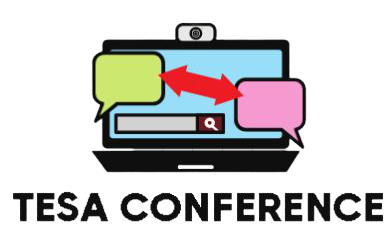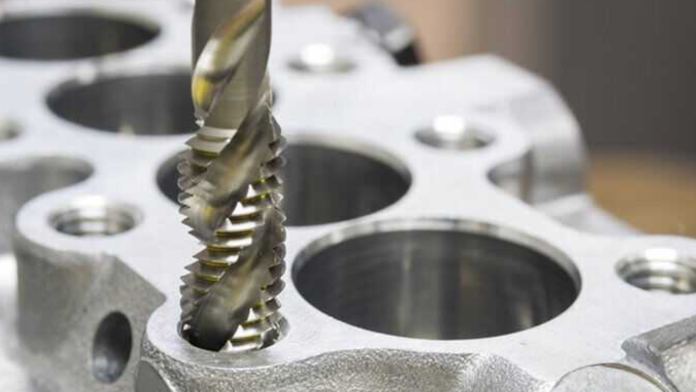CXIN Forging has gained big popularity in the forging enterprise because of its commitment to tremendous merchandise and progressive production methods. Recognized for producing strong and precision-cast additives, CXIN caters to diverse industries, together with car, aerospace, and heavy equipment. Their recognition for reliability and durability has set up them as a preferred provider for high-performance applications.
CXIN’s use of advanced forging technology and adherence to stringent best requirements contribute to its developing reputation. Follow the given link for more information, https://www.cxinforging.com/. They provide customized solutions and flexible production abilities, meeting the unique needs of their clients while ensuring cost-effectiveness. Their potential to handle both massive and small production runs with regular quality further complements their enchantment in the competitive marketplace.
Main Factors Affecting the Cost of CXIN Forging Products
CXIN, a pacesetter in the forging enterprise, produces quality metal components for a wide range of packages. Expertise in the elements that influence the price of CXIN forging products can help groups make informed decisions and optimize their procurement methods. Underneath are the primary elements that affect the value of CXIN forging products:
Material Costs
Material choice is one of the major elements affecting the value of cast merchandise. Specific substances have varying expenses, and the selection of cloth relies upon the requirements of the very last product, inclusive of energy, sturdiness, and resistance to wear and corrosion. Carbon metal, alloy metal, stainless steel, aluminum, and titanium are typical forging materials. These raw materials’ value changes primarily in response to market demand, supply, and global financial conditions.
Design Complexity
The complexity of the product layout plays a vital role in figuring out the cost of forging. Complicated shapes and complicated designs require extra sophisticated tooling and processes, leading to higher production prices. Easy shapes are less difficult and faster to forge, resulting in lower prices. Additionally, complicated designs might also necessitate more than one forging step, specialized dies, and further machining or finishing strategies, all of which contribute to lower costs.
Production Volume
The manufacturing volume has a right-away effect on the cost in line with units of forged merchandise. Better manufacturing volumes allow for economies of scale, decreasing the cost per unit. This is because the constant expenses, along with tooling and setup, are spread over more units. Conversely, low manufacturing volumes bring about higher consistent with-unit fees because the fixed prices are disbursed throughout fewer units. Because of these economies of scale, CXIN forging can provide more aggressive pricing for large orders.
Tooling and Die Costs
Tooling and die costs are large components of the overall cost of cast merchandise. Custom dies are often required to provide particular sizes and styles, and the introduction of these dies includes great funding in terms of both money and time. The complexity of the dies, the cloth used to make them, and their expected lifespan all affect the fee. For high-extent manufacturing, the value of tooling is amortized over a larger number of parts, making it more cost-effective. For smaller runs, the tooling value can represent a huge part of the whole value.
Labor Costs
Labor costs are another essential factor in the price structure of forging. The level of capability and understanding required to function forging equipment, carry out quality control, and carry out finishing tactics influences the overall cost. Hard work prices vary depending on the area and are prompted by factors such as wage rates, hard work availability, and productivity ranges. Automation and superior production strategies can help reduce hard work charges, however, they require a sizable advance investment.
Summary
The cost of CXIN forging products is encouraged by a mess of things, inclusive of material costs, design complexity, manufacturing volume, and tooling and die fees, labor prices, electricity costs, quality control and checking out, lead time and delivery, and market situations. With the aid of expertise in these elements, companies can assume higher expenses and work with CXIN to optimize their forging necessities. Strategic making plans, efficient production practices, and strong provider relationships are key to coping with expenses and ensuring the successful procurement of quality cast components.




